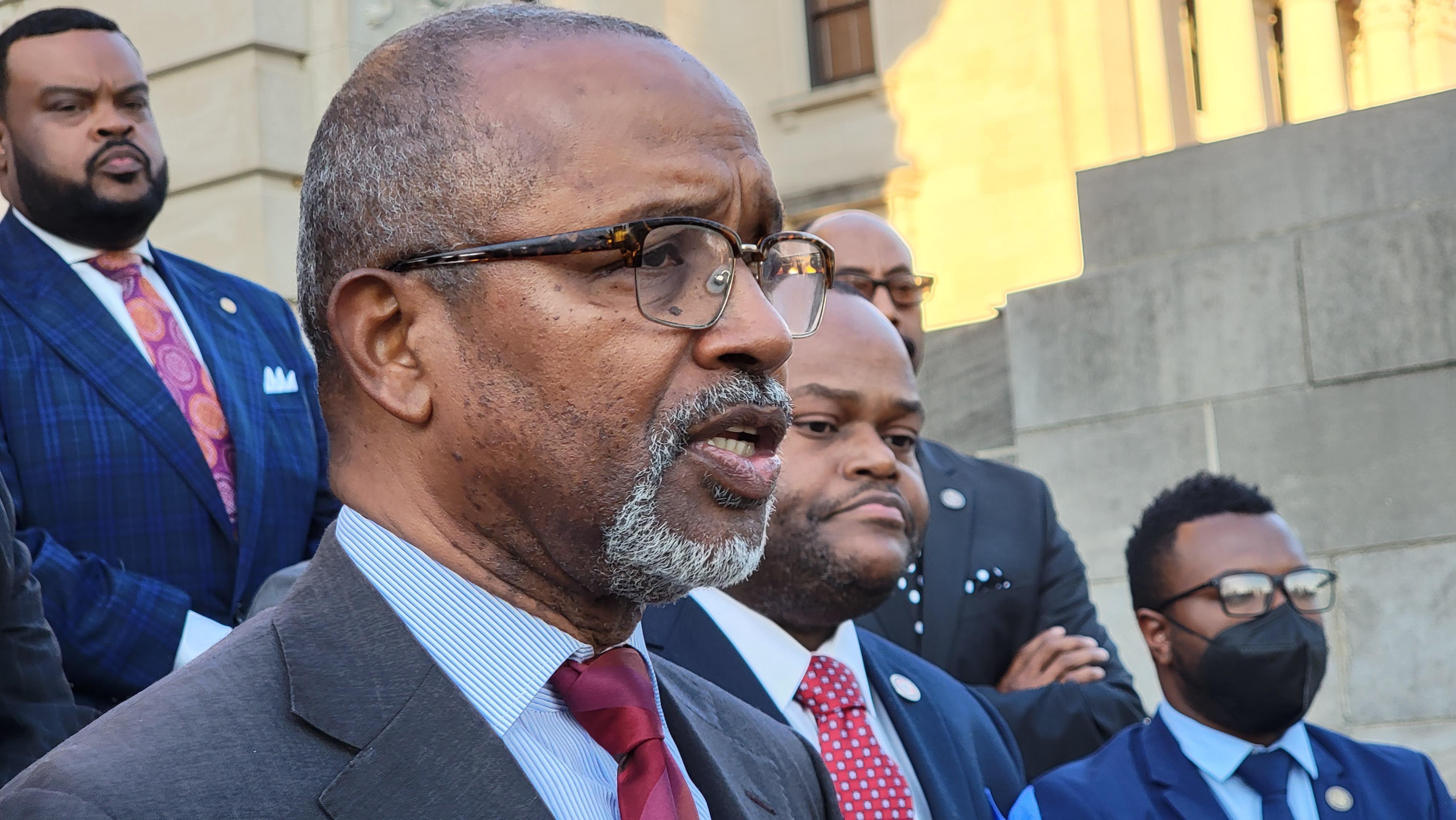Lawmakers in Mississippi are returning to their home districts after a busy legislative session. Minority leaders are sharing how the bills passed could affect the state.
Legislative minority leaders reflect on 2022 Mississippi session


Lawmakers in Mississippi are returning to their home districts after a busy legislative session. Minority leaders are sharing how the bills passed could affect the state.

LISTEN HERE
Republican and Democratic leadership entered the 2022 legislative session with several priorities in common, including redistricting, teacher pay raises and creating a medical marijuana program. But some legislation prioritized by Republican lawmakers received strong opposition from the Democratic party. House Minority Leader Robert Johnson of Natchez says the state could have used funds from a $600 million revenue surplus to address other needs.
“The chairman of Ways and Means and the speaker had a plan that I thought was at least palatable, something that we could work with, but the negotiations back and forth got us to an income tax cut that I think had no basis in research or work,” says Representative Johnson. “They just resigned themselves to just cutting taxes and I thought that was a bad idea and I hate that they did that.”
Another bill passed, now signed by the Governor, was Senate Bill 2113 titled “Critical Race Theory; prohibit.” The bill prevents any Mississippi school, college or university from teaching that any sex, race, ethnicity, religion, or national origin is superior or inferior to others. Senator Angela Turner-Ford Chairs the Legislative Black Caucus. When the bill was taken up in the Senate, she and all other Black members of the delegation left the room in protest.
Senator Turner-Ford says “The legislation actually falls short of prohibiting the teaching of Critical Race Theory, but then the question becomes or the issue is, from all indications Critical Race Theory was never taught in our high school or elementary schools anyway. So this was a bill that seemed to be in seek of a problem.”
Minority leaders say they are hopeful that when the legislature reconvenes next year, they can readdress failed legislation, including Medicaid expansion and restoring the state ballot initiative.